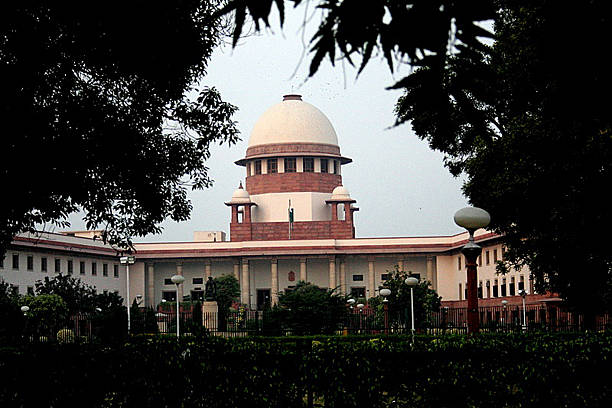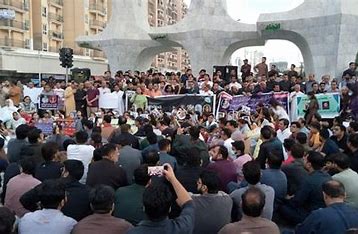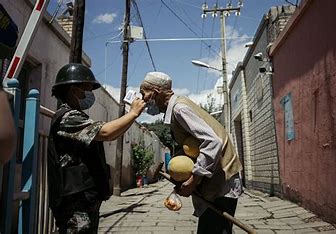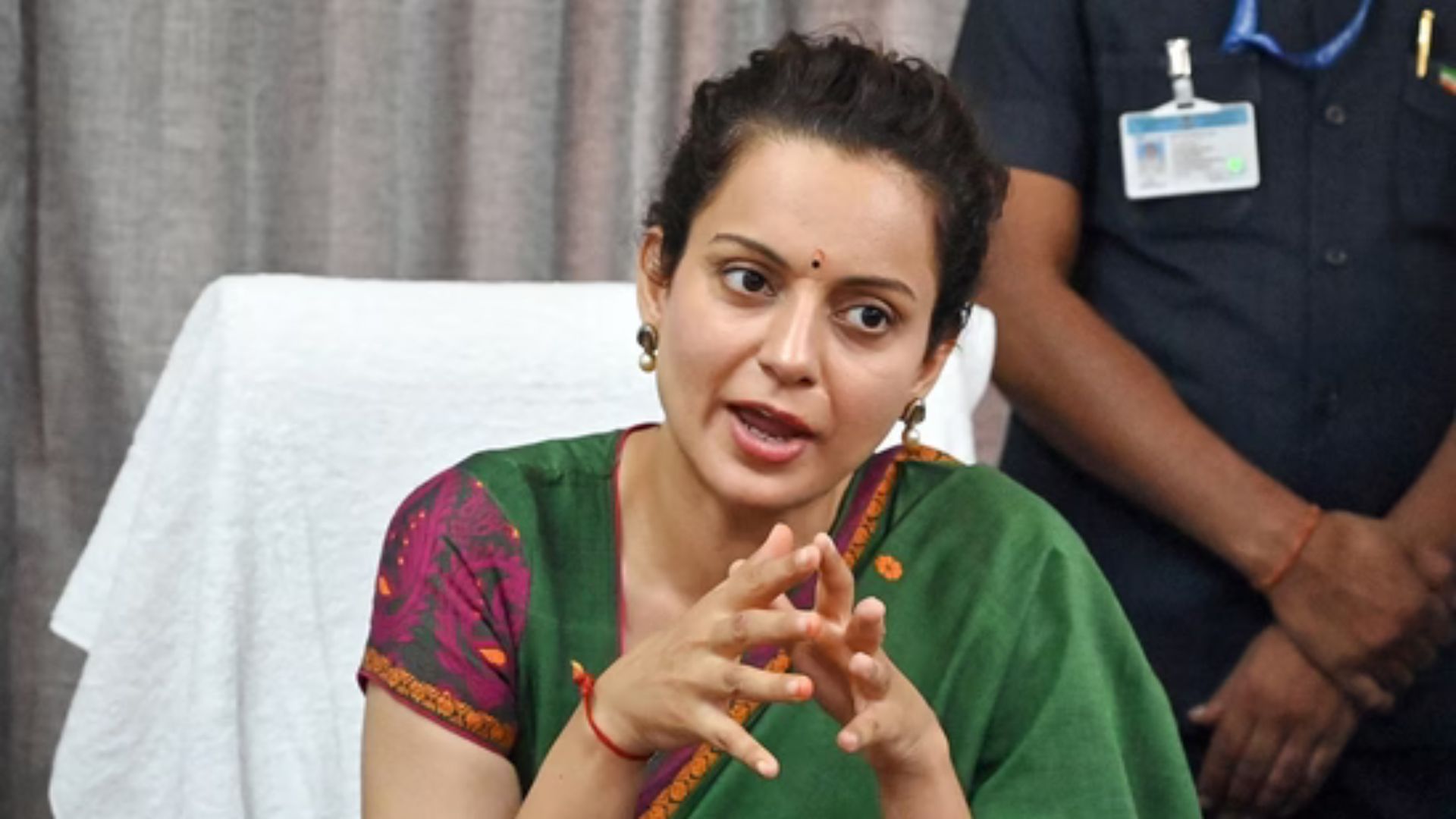
The Supreme Court in the case Ramesh Chandra Gupta vs State of U P observed that the criminal proceedings can be quashed when the complaint on the basis of which FIR was being registered and does not disclose any act of the accused or the participation of accused in the commission of crime.
In the present case, an FIR was lodged against the accused and a charge sheet was filed under Section 420, section s467, section 468, section a471, section 504, section 506, section 448, section 387 of the Indian Penal Code, 1860.
In an appeal, the bench comprising of Justice Ajay Rastogi and Justice CT Ravikumar observed and has noted that the High Court has not examined as to what being the complaint and how the present accused are, in any manner which is to be concerned with the so-called alleged commission of crime.
However, the court then referred to the guidelines which are issued in the case State of Haryana and Others v. Bhajan Lal and Others in relation with the following categories:
(3) Where the uncontroverted allegations made in the complaint or FIR and the evidence being collected in support of the same for not disclosing the commission of any offence and make out a case against the accused.
(5) Where the allegations made in the complaint or FIR are so absurd and inherently improbable on the basis of which no prudent person can ever reach a just conclusion that there being a sufficient ground for proceeding against the accused.
The court while allowing the appeal stated that a bare perusal of the complaint on the basis of which FIR came to be registered at the instance of the de-facto complainant or the second respondent for not disclosing any act of the present appellants or their participation in relation to the commission of crime. Thus, they are neither being concerned with the registered sale deed dated 04.05.1977 nor the later sale deed executed in favour of the de-facto complainant by Shravan Kumar Gupta dated 22.12.2018 and neither being in the possession of the subject property nor are parties to the civil proceedings and it is not the case of the complainant that either the appellants have played any active or passive role either in scribing the document or are facilitators or witness to the document in reference to which the complaint has been made for cheating and for committing forgery or having being played any role in delivery of possession of the subject property in question…What it is appearing to the court is that the de-facto complainant has implicated the present appellants who are being the members of the family to put pressure for obtaining possession of the subject property and to settle the civil dispute which is being pending between Vinod Kumar Gupta, Shravan Kumar Gupta and the de-facto complainant.















